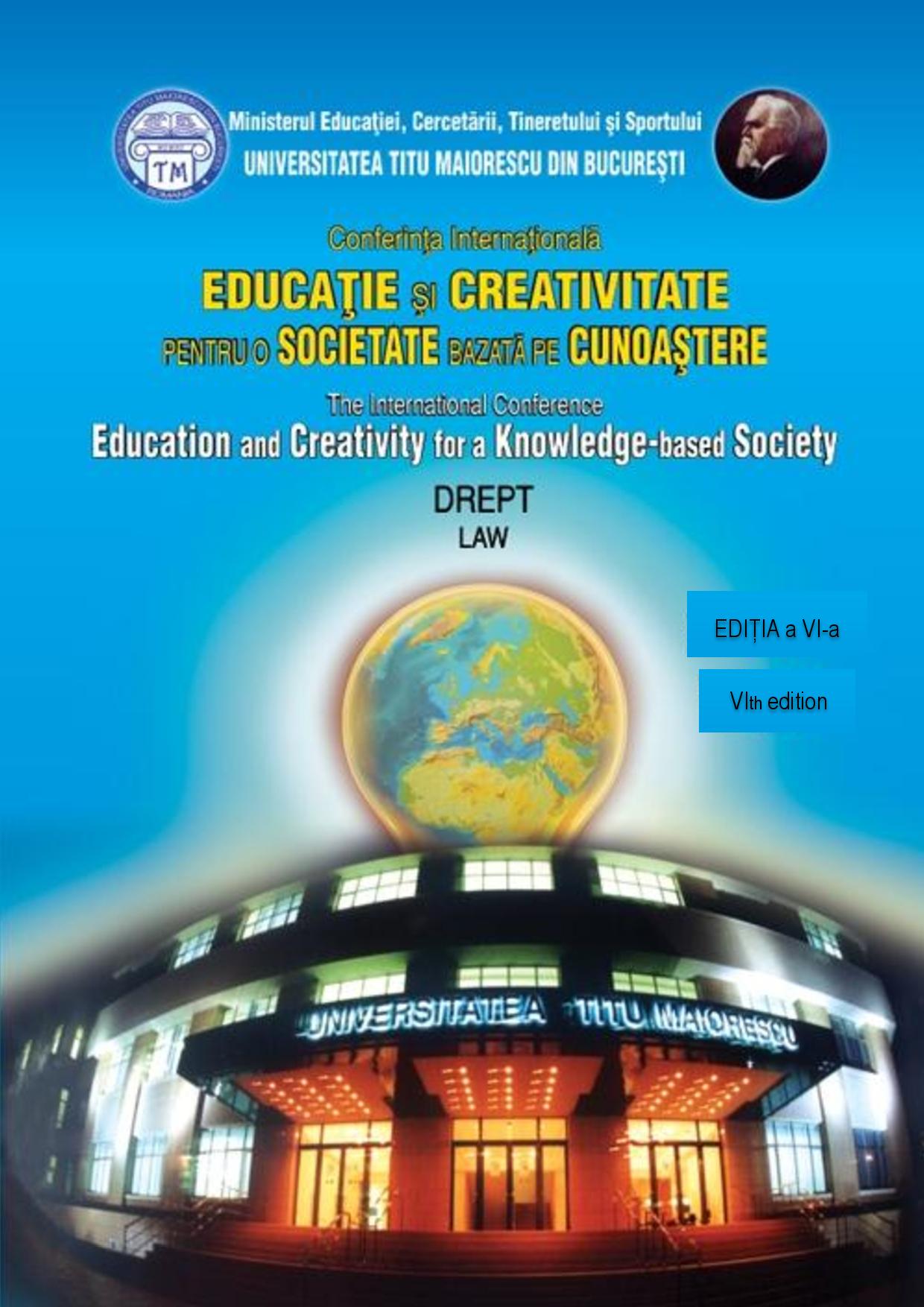
THE “STEP-BY-STEP” PRINCIPLE IN THE EUROPEAN UNION LEGISLATION ON GENETICALLY MODIFIED ORGANISM
The “step by step” principle was introduced in the European Union law with the aim to comply with the dubiety regarding the risks which derive from the release of genetically modified organisms into the environment. In recent years, in the process of authorizing the deliberate release, and the placing on the market of GMOs it is to be observed a clear guidance towards a gradual reduction of usage in isolation circumstances of GMOs and a release on a large scale into the environment, but based on a cautious approach regarding the risks that GMOs may represent for the environment. The gradual reduction process of using genetically modified organisms in isolation circumstances is being realized “step-by-step”, within each stage, a major part is being played by the environmental risk assessment. The article introduces various aspects regarding the signification, the juridical status and the practical importance of the “step-by-step” principle in the growing process of releasing genetically modified organisms on a large scale into the environment.
More...


